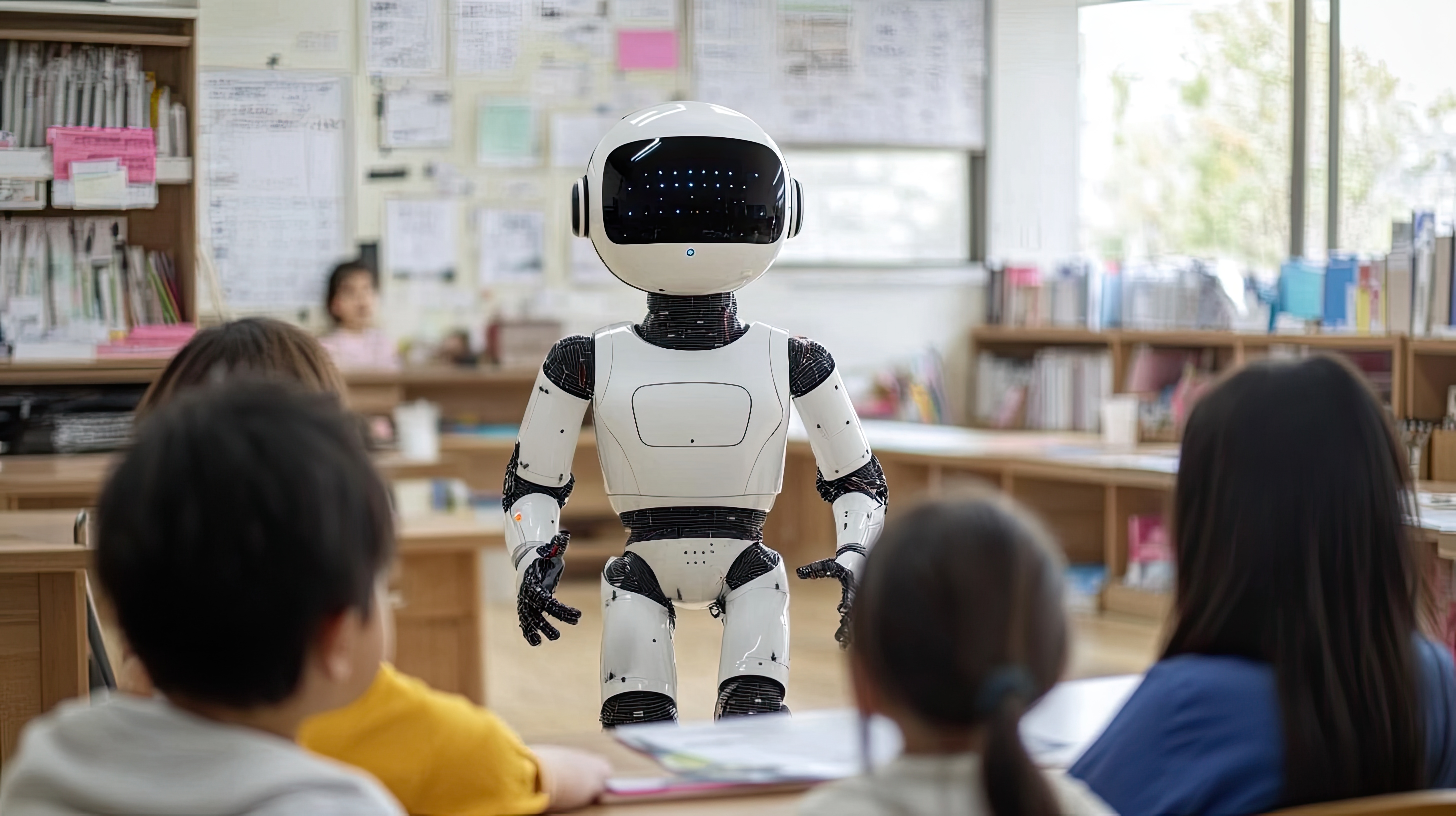Russian Teens Are Turning to AI for Advice. What Does That Mean for the Future of Learning?

In Russia, a quiet shift is underway in classrooms—and in teenage bedrooms. Increasingly, students are turning not to parents, teachers, or friends for guidance, but to artificial intelligence. A recent joint study by NtechLab and the Center for the Development of Humanitarian Technologies reports that 88% of Russian youth use AI in their daily lives. For many, it has become not just a tool, but a confidant.
While some see this trend as a natural extension of digital literacy, others warn it may be rewiring how young people think, relate, and grow.
“I Asked the Robot…”
For today’s Russian students, AI is always on, never judgmental, and responds instantly. “It doesn’t criticize, it doesn’t compare me to others, and it’s always available,” one student explained in the study. Small wonder, then, that nearly 40% of teens aged 13–17 regularly consult AI chatbots—not only for help with homework, but for advice on career paths, emotional struggles, and personal identity.
Educational platforms like Sferum, My School, and Russian Electronic School have quickly capitalized on this shift, embedding AI-powered advisors directly into their services. These bots provide real-time answers and tailored feedback—offering students a kind of always-on, personalized mentor.
The Psychological Tradeoff
Yet educators and psychologists caution that this growing trust in algorithms may come at a cost. “We’re seeing signs of cognitive dependence,” warn mental health experts. “Students often stop verifying information or questioning its source. Over time, they can lose confidence in human communication altogether.”
Instead of messy, emotionally complex conversations with people, many teens are choosing the clean, predictable dialogue of machines. And that, experts argue, may affect their development in ways we don’t yet fully understand.
A Digital Reality Check
Russia isn’t backing away from this transformation. Instead, it’s leaning in—with a layer of caution. Government-backed initiatives, including programs led by the Foundation for Internet Development (FIOP) and the Ministry of Digital Development, are introducing digital literacy curricula that include ethics of AI. These programs aim to help students:
- Use AI responsibly and critically
- Recognize manipulative content
- Understand when to trust technology—and when not to
- Maintain meaningful human relationships
These steps are part of a broader effort to build a generation of not just digital citizens, but emotionally intelligent, well-rounded individuals.
AI as a Co-Pilot in Education
Importantly, Russia’s approach doesn’t position AI as a replacement for educators, but as a collaborator. Teachers, psychologists, developers, and policymakers are working together to ensure that AI enhances—not replaces—the human side of learning.
“This isn’t about humans vs. machines,” said one education official involved in the rollout. “It’s about giving students the best of both worlds—real empathy from adults and real-time support from machines.”
The goal? An ecosystem where young people can flourish intellectually and emotionally, using AI as a springboard—not a substitute—for growth.
A Global Challenge, A Local Response
As the rest of the world grapples with how AI fits into education, Russia’s early, structured response offers a model worth watching. Rather than treating student–AI interaction as fringe behavior, Russian educators are integrating it into the mainstream—with technical rigor and ethical foresight.
Whether AI becomes a force for empowerment or alienation will depend not on the tools themselves but on the frameworks we build around them. For now, Russia is showing what that framework might look like—and why the stakes are so high.









































